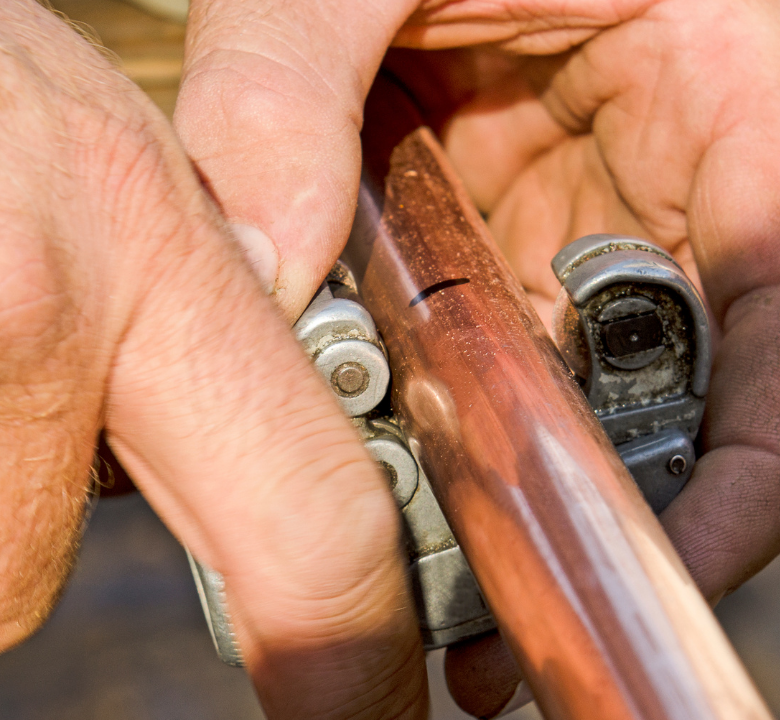

How Come My Hot Water Heater Smells Like Rotten Eggs?
The sulfur smell – that smell of rotten eggs everyone is familiar with, even if we’ve only experienced it once or twice in our lives, is not something you’re eagerly anticipating.
The smell of rotten eggs isn’t the kind of thing you’re hoping to smell once you turn the hot water faucets in your home.
Many homeowners, having warm water which smells of eggs that have gone rotten is a reality that they’ve had to learn to accept. However, what if you can swiftly get rid of all water heaters that smell of eggs that are rotten in your home thoroughly and not have to spend a lot of money in the process?
Are you looking to know something more?
Let’s begin!
The Root Cause Behind Hot Water Heaters Smelling Like Rotten Eggs
There will be various people saying that you’re suffering from issues with the quality of your water. Problems with the quality of your water come as a complete breakdown to your system for plumbing repair, malfunction of your heating system, as well as other terrible and costly root reasons for your water heater stinking like a lot of decaying eggs.
The real cause is something simpler and more important (as well as much easier to handle).
When particular bacteria found in all water supply sources begin in a mixture of sulfur compounds, aluminum compounds, and magnesium anode sacrificial (a fancy term used to describe an essential component of almost every water heater), as a result, the chemical reaction results in hydrogen sulfur gas, plus, the hot water is the conduit for the gas into your home and causes everything to smell like heaven.
Two Ways To Fix The Hot Water Heater’s Smell
If you’re willing to take the DIY option, start by shutting down your water heater and then disconnecting the valve for cold water. Then, removing water from the tank before mixing the three-percent hydrogen peroxide solution in your tank will be sufficient to solve the issue on your own.
However, if you are not confident in making the hydrogen peroxide proportions correct, hire an expert. An expert who can tackle this problem for you is simple, cost-effective, and will give you a solid result that you can show with you to your bank. In addition, failure to get the hydrogen peroxide proportions correct could cause new issues with all the hot water circulating throughout your home.



